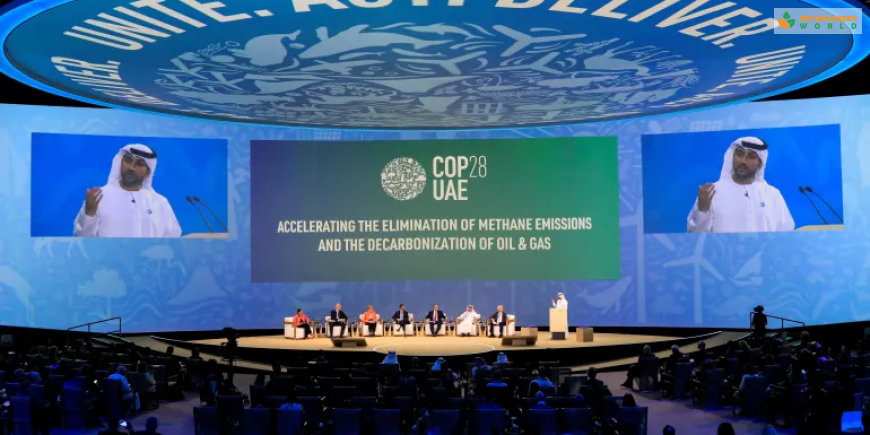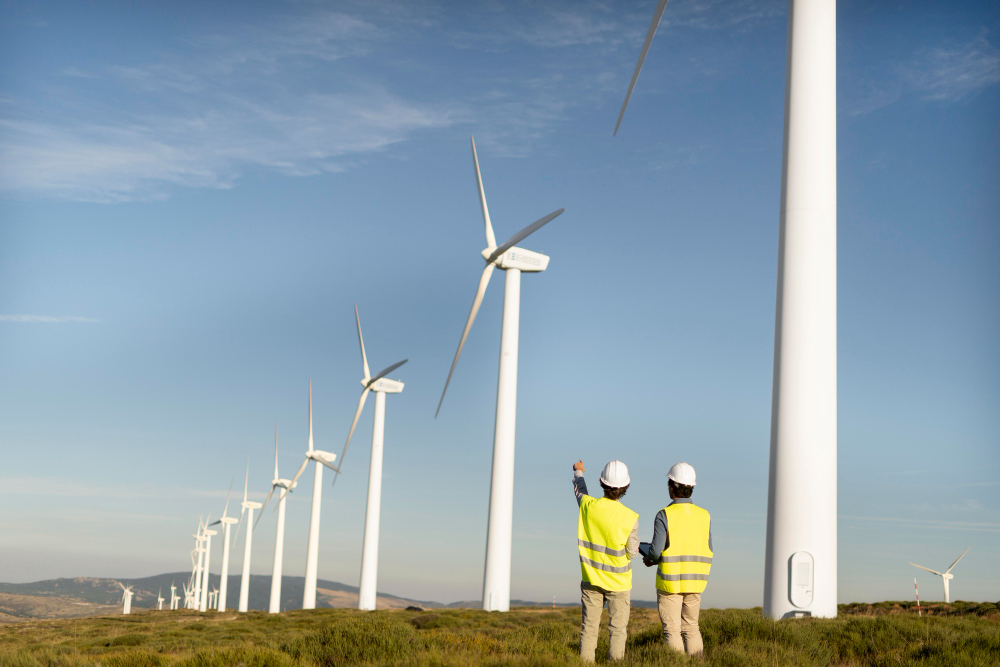As COP28 come to an end on 12th December all countries present at the Conference agreed on having a detailed plan on place for adapting climate change impacts by 2050. These plans will also need to be implemented and need to show positive results by 2030.
As discussed during the Conference, the world isn’t doing enough to decrease global warming. Hence the focus during the COP28 talks was to make countries agree to put a plan in place to reduce the emission of greenhouse gas. Greenhouse gas is one of the major factors in global warming.
Another equally important aspect of COP28 is to make countries ‘adapt’ a more efficient way of living so that they can cope up with the climate change effects in the present and future. As mere agreeing to a plan for reducing emissions of greenhouse gas won’t work now but implemented precisely to produce positive results.
‘Adaptation’ specifically refers to adjustments made in ecological, economic and social systems that governments of countries must implement so that people follow them in response that will help minimize climate change effects.
These plans can be country-specific and can include different plans. According to the UN climate division these plans might include, government policies to reduce factors effecting global warming, making a switch to drought-resistant crops, early warning system for countries affected by frequents cyclones, developing flood defense system and overall redesigning business operation and communication system to align with climate change impacts.
Another key point discussed was to provide monitory assistance to countries most likely to get affected by global warming. As experts say more budget should be allocated towards ‘adaptation’ to climate change effects which has been recognized in the conference in Dubai.
Yet several experts expressed their disappointment at the last draft of the adaptation document saying, “There are no clearly defined targets, no clear definition of a framework, lots of very general exhortations, no outcome targets… This doesn’t do anything for the adaptation agenda for developing countries and is disappointing,” said Dr. Anand Patwardhan, a researcher and professor in climate policies in the University of Maryland, U.S.














